Lindsay Gorman is a 2018 graduate from UMF’s Special Education program with a minor in International and Global Studies. We had the chance to connect with Lindsay over social media, where she shared her story and all of the great experiences she encountered as an undergraduate student. Gorman has traveled all over the world and is currently working in South America.
Lindsay Gorman
Curriculum and Instruction Coordinator
Special Education
UMF Class of 2018
North Berwick, ME

UMF College of Education, Health, and Rehabilitation (CEHR): What was the best experience that you encountered in your UMF education program and how did that prepare you for your professional career?
Lindsay: Oh that’s a tough one! The best experience I had at UMF wasn’t a single experience, more so whenever I had classes with the Special Education faculty. They all put a lot of energy into their classes that made them so enjoyable. At one point I didn’t think I was cut out to be a teacher, and almost changed majors, and they all encouraged me to stay. Thankful I did, because I absolutely love the field of Special Education! I feel that my experience with them prepared me for my professional career because I witnessed first hand how important it is to build strong relationships with your students.
UMF CEHR: That is so important. I agree that the UMF faculty rocks! How has your UMF career shaped your post-UMF experiences!?
Lindsay: I had the opportunity to study abroad twice at UMF (once on a short term travel course to Tanzania and once for a semester in Ireland with the George Mitchell Peace Scholarship), and with my minor in International and Global Studies, I fell in love with studying other cultures. I decided to take a year off before becoming a teacher and I’m currently volunteering with an educational non-profit in Ecuador! My position is the “Curriculum and Instruction Coordinator,” and I work with other educators on how to improve their lesson planning and make it more inclusive for students with all learning abilities!
UMF CEHR: Wow, that’s amazing! Would you mind sharing how the educational experience varies in those different cultures?
Lindsay: Unfortunately I didn’t get to see schools in Ireland and Tanzania, but I know quite a bit about Ecuador! In my community, the schools are so overcrowded that students only go to school for half the day. For example, there’s a morning group and an afternoon group. The class sizes are huge. My host sister is 11 and has 55 students in her class. The teachers are extremely underpaid and overworked. It’s challenging for the students too because often teaching positions aren’t able to be filled, so they just continue on without a teacher in that subject. So if they don’t have a math teacher, the students just don’t learn math until the school can find one. The program that I work for helps fill those gaps for students, because even if they don’t have a teacher to teach the subject, they are still expect to pass their exams. Even though public education is free in Ecuador, there are still a lot of expenses with schooling, such as uniforms and textbooks. My program also offers scholarships to help with the cost of schooling to our students!
UMF CEHR: It’s surprising yet fascinating how education varies with different cultures. What did you do as a student to be able to land this position abroad? What advice do you have for students aspiring to work in the education profession abroad?
Lindsay: I think minoring in International and Global Studies definitely helped! Even for student who don’t want to live abroad, Maine is quickly becoming more of a multicultural state, so I recommend that minor to all education majors! Taking advantage of the study abroad opportunities definitely helped me as well, because I was able to talk about my previous international experience during my interview. My advice to students who aspire to work in the education profession abroad is to network! I found this position because of a leadership experience I did in high school. The more people you meet, the more opportunities you will have!
UMF CEHR: You mentioned a leadership experience you did in high school. Can you explain what the program was and how that helped you as an education student at UMF?
Lindsay: The program is called the Hugh O’Brian Youth Leadership, also known a HOBY! Farmington actually hosts it every year! It’s an international program for high school sophomores who want to make a difference in their community. The co-founder of the non-profit I work for went to HOBY herself, which is how I got connected! That program not only taught me how to have confidence in myself as a young person, but now as an adult, it has taught me how important it is to encourage our youth to strive for social change regardless of their age.
UMF CEHR: It’s a totally awesome program! It’s great how you were able to build your resume from a young age! What importance does your community have and do you encourage our current students to engage in a similar rewarding experience?
Lindsay: So, our program welcomes all students in the community, and about half of them qualify for the scholarship. Along with the financial assistance, we also provide leadership training and community service opportunities for those students!
UMF CEHR: That is awesome that there is a program that provides that to students. It sounds like your travels play such a big role in your professional career. So far, have you encountered any hardships and how did you overcome those? What are your plans after your year abroad?
Lindsay: The language barrier has definitely been challenging! I studied Spanish for four years in high school but didn’t touch it in college. I’ve also been homesick a bit, so that has been hard as well. However, I’ve been learning more Spanish every day, so I know eventually the language won’t be a problem anymore! When I’m feeling homesick, I just remind myself that Maine will be there when my year in Ecuador is up and I’ll always be able to return there, but I wanted to take the opportunity to go abroad while I still had the chance (before I settled into my teaching career). I’m hoping to teach Special Education when I return to the states, and possibly start a Spanish club at my school!
UMF CEHR: That’s a great way to deal with the stresses. New languages can be hard to learn and adapt to, but it sounds like you have an open mind and willing to learn new things. What you are doing is totally awesome and will give our current students lots of things to consider and think about if they are hoping to go abroad! What was the best advice that you were given as a new employee in the education field?
Lindsay: The best advice I was given was to be flexible. In any field, but especially education, flexibility is so important because so many things can change on a dime! I applied this advice to the classroom, but also my life. I didn’t get the first position abroad that I applied for, so instead of giving up on working abroad, I kept looking and found this one!
UMF CEHR: It’s so great to keep an open mind. Is there anything else that you would like to add for advice to current students?
Lindsay: My last piece of advice is that if you’re even curious about teaching abroad, go for it! There is no better time to go abroad than right after college. Teaching jobs back home will always be there!
 You must choose one of these meetings to attend. You do not need to notify us of your choice, unless you are unable to attend any of the specified times because of conflicts with your class schedule. In that case, contact Wendy Kennedy wendyk@maine.edu to make alternative arrangements.
You must choose one of these meetings to attend. You do not need to notify us of your choice, unless you are unable to attend any of the specified times because of conflicts with your class schedule. In that case, contact Wendy Kennedy wendyk@maine.edu to make alternative arrangements.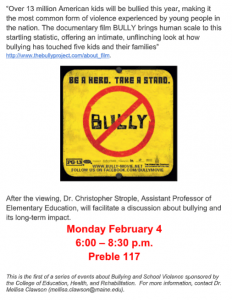



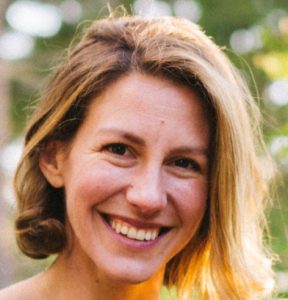
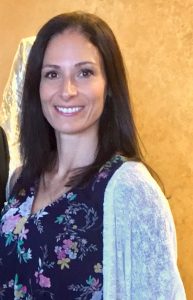
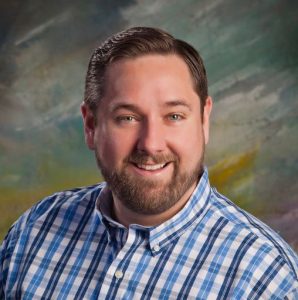
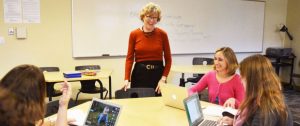
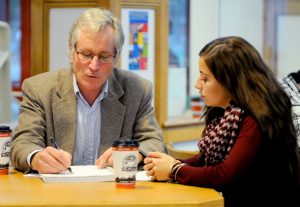

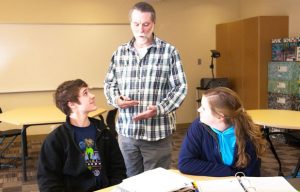

 and consecutive academic years in certain elementary and secondary schools and educational service agencies that serve low-income families, and meet other qualifications, you may be eligible for forgiveness of up to a combined total of $17,500 on your
and consecutive academic years in certain elementary and secondary schools and educational service agencies that serve low-income families, and meet other qualifications, you may be eligible for forgiveness of up to a combined total of $17,500 on your  UMF Scholarships: UMF offers over one hundred academic scholarships for students, and many of them are dedicated to students in the education field. Many scholarships have very few requirements to be eligible, and they are designed to help all students that are deserving. Below is list of just some of the scholarships offered to education majors at UMF. For a complete list of UMF scholarships and recipient requirements, visit the
UMF Scholarships: UMF offers over one hundred academic scholarships for students, and many of them are dedicated to students in the education field. Many scholarships have very few requirements to be eligible, and they are designed to help all students that are deserving. Below is list of just some of the scholarships offered to education majors at UMF. For a complete list of UMF scholarships and recipient requirements, visit the